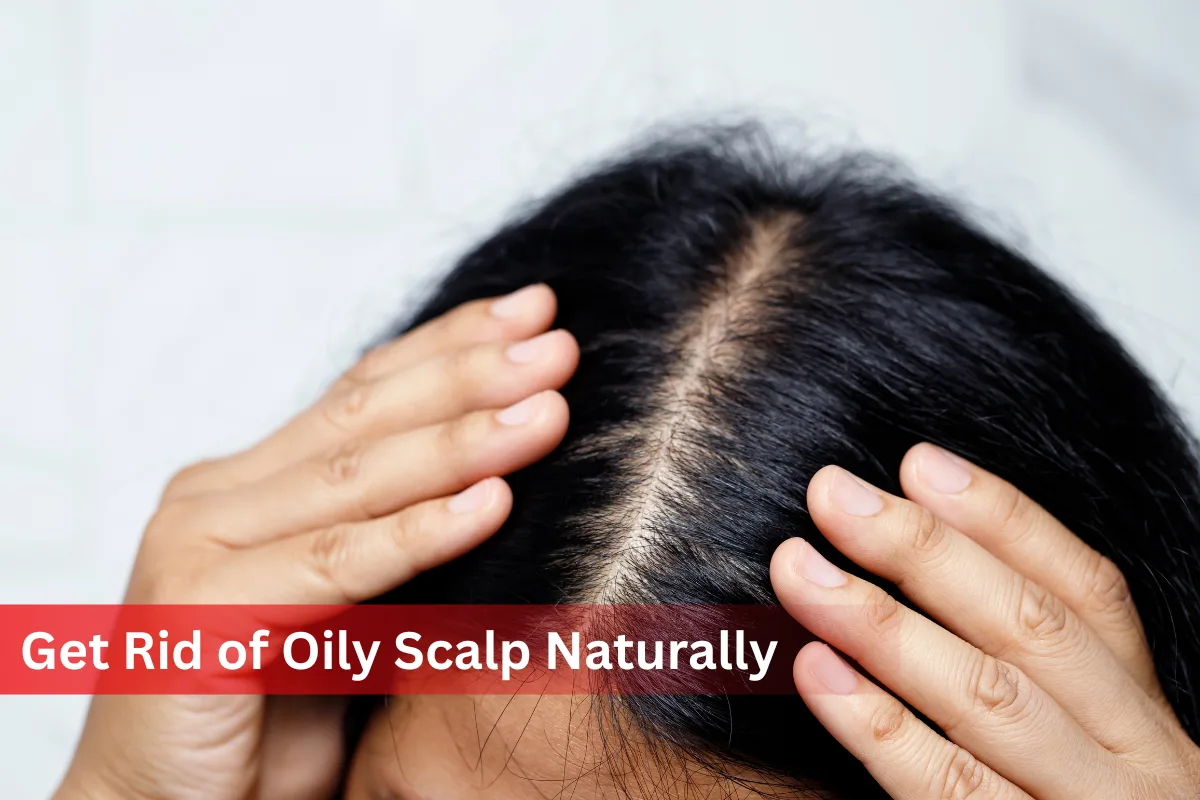How to Reduce Melanin in Skin Naturally at Home
Hey there! If you’ve ever wondered how to get a brighter, more even skin tone, you’re not alone. Many people are curious about reducing melanin—the pigment that gives your skin its color—to achieve a lighter complexion or tackle issues like hyperpigmentation.

The good news? You don’t need fancy treatments or expensive products to make a difference. With the right foods, drinks, and home remedies, you can reduce melanin naturally and safely from the comfort of your home. Let’s dive into what melanin is, what causes it to increase, and how you can manage it effectively for glowing skin!
What Is Melanin?
Melanin is the natural pigment produced by special cells in your skin called melanocytes. It’s what gives your skin, hair, and eyes their unique colors. Melanin also acts like a shield, protecting your skin from harmful UV rays. While it’s a superhero for sun protection, too much melanin can lead to darker skin tones, uneven patches, or conditions like melasma or hyperpigmentation.
Everyone has melanin, but the amount and type vary based on genetics, environment, and lifestyle. For example, spending a lot of time in the sun can crank up melanin production, making your skin darker or causing dark spots.
If you’re looking to lighten your skin or even out your complexion, reducing melanin production or its deposits in the skin is the goal.
What Causes Increased Melanin Levels?
Before we get to the solutions, let’s talk about why melanin levels might spike & how to reduce in skin. Here are the main culprits:

- Sun Exposure: UV rays stimulate melanocytes to produce more melanin, leading to tanning or dark spots.
- Hormonal Changes: Pregnancy, birth control pills, or hormonal imbalances can trigger conditions like melasma, causing dark patches.
- Inflammation or Injury: Acne, cuts, or skin irritation can lead to post-inflammatory hyperpigmentation, where dark spots form after healing.
- Genetics: Your natural skin tone, determined by your genes, influences how much melanin your body produces.
- Diet and Lifestyle: Poor nutrition or stress can indirectly affect skin health, sometimes increasing pigmentation.
Understanding these triggers can help you take control and make smarter choices to manage melanin naturally.
How to Reduce Melanin Naturally in Skin
The idea of reducing melanin might sound daunting, but it’s totally doable with consistent effort. The key is to focus on natural methods that work from the inside out (like diet) and outside in (like home remedies). Here’s how you can get started:
Best Foods to Reduce Melanin in Skin
What you eat plays a huge role in your skin’s health and appearance. Certain foods are packed with nutrients that can help slow melanin production or brighten your complexion. Add these to your grocery list:

- Vitamin C-Rich Foods: Oranges, strawberries, bell peppers, and guava are loaded with vitamin C, a powerful antioxidant that inhibits tyrosinase, an enzyme needed for melanin production. Bonus: Vitamin C also fights free radicals, keeping your skin youthful.
- Tomatoes: These juicy fruits contain lycopene, which protects your skin from UV damage and may help reduce pigmentation over time.
- Green Leafy Vegetables: Spinach, kale, and broccoli are rich in antioxidants and vitamins that promote skin repair and reduce dark spots.
- Soy Products: Tofu and soy milk contain compounds that may help regulate melanin production, especially for hormonal pigmentation like melasma.
- Nuts and Seeds: Almonds and sunflower seeds provide vitamin E, which supports skin repair and protects against sun-induced pigmentation.
Try incorporating these into your daily meals. For example, whip up a smoothie with spinach, berries, and a splash of orange juice, or snack on almonds for a skin-friendly boost.
Best Drinks to Reduce Melanin in Face & Skin
Hydration is key for healthy skin, and some drinks can double as melanin-fighting elixirs. Sip on these regularly:

- Green Tea: Packed with catechins, green tea has anti-inflammatory and antioxidant properties that may reduce melanin production and protect against UV damage. Aim for 1–2 cups a day.
- Lemon Water: Lemon is rich in vitamin C and citric acid, which can gently exfoliate and brighten your skin over time. Squeeze half a lemon into warm water and drink it first thing in the morning.
- Turmeric Milk: Turmeric contains curcumin, which has anti-inflammatory and skin-brightening effects. Mix a pinch of turmeric into warm milk (or a plant-based alternative) for a cozy, skin-loving drink.
- Pomegranate Juice: This ruby-red juice is full of antioxidants that combat pigmentation and promote an even skin tone. Just make sure it’s unsweetened to avoid extra sugar.
Pro tip: Stay hydrated with plain water, too—aim for at least 8 glasses a day to flush out toxins and keep your skin glowing.
Home Remedies to Reduce Melanin in Skin
If you love a good DIY, these home remedies can work wonders for reducing melanin on your face and body. Always do a patch test first to avoid irritation:

- Lemon and Honey Mask: Mix equal parts lemon juice and honey, apply to your face, and leave on for 15 minutes before rinsing. Lemon’s citric acid exfoliates, while honey soothes and hydrates.
- Turmeric and Yogurt Paste: Combine 1 teaspoon of turmeric powder with 2 tablespoons of plain yogurt. Apply to pigmented areas, let it sit for 20 minutes, and wash off. This combo brightens and evens out skin tone.
- Aloe Vera Gel: Fresh aloe vera gel is a natural skin soother that may reduce hyperpigmentation. Apply it at night and rinse off in the morning.
- Potato Juice: Grate a potato, squeeze out the juice, and apply it to dark spots with a cotton pad. Potatoes contain enzymes that can lighten pigmentation over time.
Use these remedies 2–3 times a week for best results, and be patient—natural methods take time but are gentle and safe.
Can We Reduce Melanin Permanently?
Here’s the big question: Is permanent melanin reduction possible? The honest answer is that while you can significantly reduce melanin production and lighten your skin, completely stopping melanin production isn’t realistic or healthy, as it’s a natural part of your skin’s defense system. However, with consistent care, you can achieve long-lasting results, especially for hyperpigmentation or uneven skin tone.
To make the changes stick, combine internal (diet and drinks) and external (home remedies) approaches, and protect your skin from triggers like sun exposure. Always wear sunscreen (SPF 30 or higher) to prevent new melanin from forming, and stick to a routine that suits your skin type.
Tips to Reduce Melanin in Skin
To keep your skin looking its best, here are some extra tips:

- Sunscreen Is Non-Negotiable: Apply broad-spectrum sunscreen daily, even on cloudy days, to block UV rays that trigger melanin production.
- Exfoliate Gently: Use a mild exfoliant 1–2 times a week to remove dead skin cells and help brightening ingredients penetrate better.
- Avoid Harsh Products: Steer clear of aggressive bleaching agents or unverified treatments that can damage your skin barrier.
- Be Consistent: Natural remedies take weeks or months to show results, so stick with your routine and don’t give up too soon.
- Consult a Dermatologist: If you have stubborn pigmentation or want faster results, a dermatologist can recommend safe treatments like chemical peels or laser therapy.
Conclusion
Reducing melanin naturally at home is all about nourishing your body, protecting your skin, and using gentle remedies that work over time. By eating antioxidant-rich foods, sipping on skin-loving drinks, and trying DIY masks, you can achieve a brighter, more even complexion without breaking the bank. Remember, your skin is unique, so listen to what it needs and be patient with the process. With a little care and consistency, you’ll be glowing in no time!
You May Also Like
FAQs on Reducing Melanin Naturally
Green tea is one of the best drinks for reducing melanin naturally. It’s packed with catechins, which are antioxidants that help suppress melanin production and protect your skin from UV damage. Drinking 1–2 cups daily can gradually lighten pigmentation and improve skin tone. Another great option is lemon water, rich in vitamin C, which inhibits the enzyme responsible for melanin synthesis. Just squeeze half a lemon into a glass of warm water and sip it each morning. Stay consistent, and pair these drinks with a healthy diet for the best results!
Reducing melanin at home is totally doable with simple remedies! Start with a DIY mask like lemon juice mixed with honey—apply it to your face or body for 15 minutes, 2–3 times a week, to gently exfoliate and brighten. Aloe vera gel, applied overnight, can also soothe skin and fade dark spots. Diet-wise, eat vitamin C-rich foods like oranges and strawberries to slow melanin production. Don’t forget sunscreen (SPF 30+) to prevent new pigmentation. These natural methods are safe, affordable, and effective with patience.
To reduce melanin on your face, focus on targeted remedies and sun protection. Try a turmeric and yogurt mask: mix 1 teaspoon of turmeric with 2 tablespoons of yogurt, apply for 20 minutes, and rinse off. This combo brightens and evens out your complexion. You can also dab potato juice on dark spots using a cotton pad, as it contains enzymes that lighten pigmentation. Drink pomegranate juice for its antioxidant boost, and always wear sunscreen to shield your face from UV rays, which can worsen melanin buildup. Consistency is key!
While completely stopping melanin production isn’t possible (or healthy), you can significantly reduce it long-term through diet. Focus on foods that inhibit melanin synthesis, like vitamin C-rich fruits (kiwi, guava, berries), tomatoes (high in lycopene), and soy products (tofu, soy milk) that regulate pigmentation. Green leafy veggies like spinach and kale provide antioxidants to repair skin and fade dark spots. Eat these daily, stay hydrated, and avoid excessive sun exposure to maintain results. A balanced diet not only lightens skin but also keeps it glowing and healthy.
Reducing melanin across your body involves a mix of diet, hydration, and skincare. Incorporate foods like nuts (almonds, walnuts) and seeds (sunflower) for vitamin E, which repairs skin and reduces pigmentation. Sip on turmeric milk—mix a pinch of turmeric in warm milk—to leverage curcumin’s anti-inflammatory and brightening effects. For your skin, exfoliate weekly with a gentle scrub and apply aloe vera or a lemon-honey mix to darker areas. Always use sunscreen on exposed body parts to prevent melanin from building up. With time, these habits can lighten and even out your skin tone.




